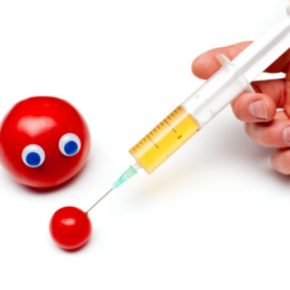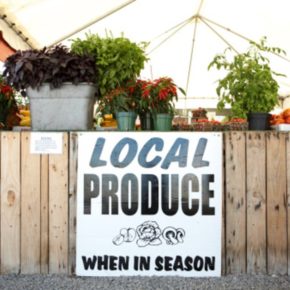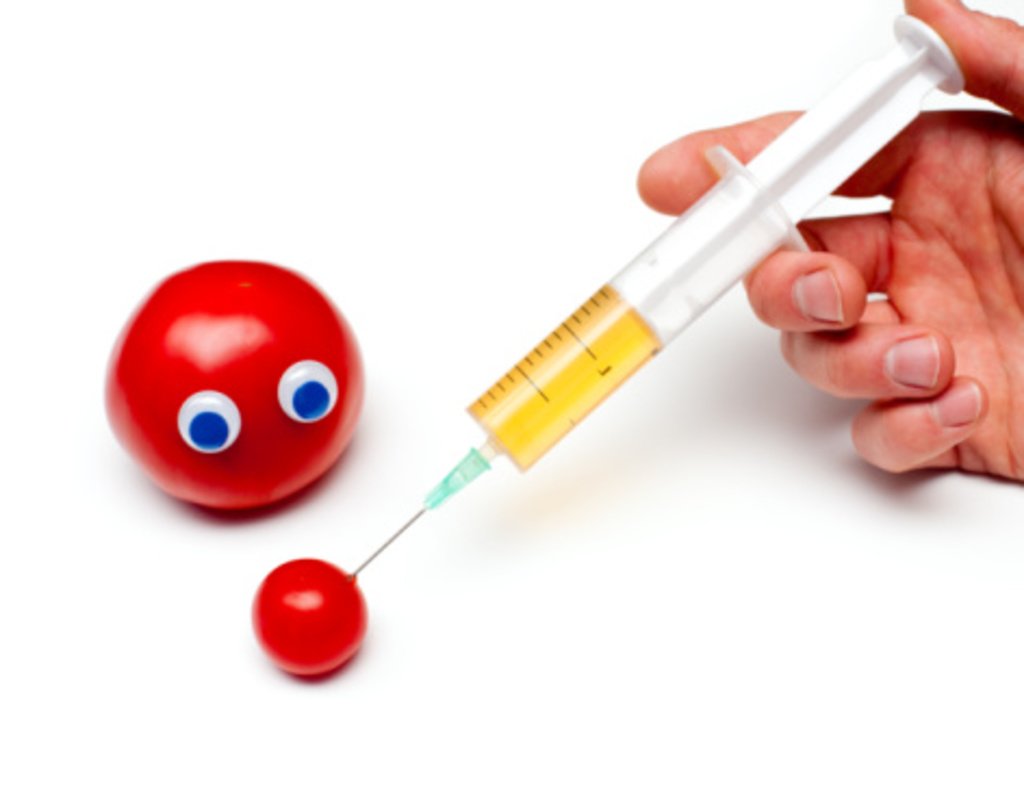 It’s no surprise that Oreo’s or Coca Cola or anything that comes packaged with its convoluted ingredient labels are manufactured, but what about fish, or fruit and veggies, or milk even? Would it surprise you that corn grown in the 1950’s contained 150 IUs of vitamin A (international units) compared to today’s corn only containing 201 IUs. Or that strawberries contained 27 mg of phosphorus in the roaring 50’s versus the 19 mg you’ll find in today’s present strawberry. We are a nutrient deficient society, we consume high amounts of low nutrient foods and low amounts of high nutrient foods. Coupled with the fact that even our so called health foods are lacking in vitamin and mineral levels, the health blight shouldn’t come as a wonder.
It’s no surprise that Oreo’s or Coca Cola or anything that comes packaged with its convoluted ingredient labels are manufactured, but what about fish, or fruit and veggies, or milk even? Would it surprise you that corn grown in the 1950’s contained 150 IUs of vitamin A (international units) compared to today’s corn only containing 201 IUs. Or that strawberries contained 27 mg of phosphorus in the roaring 50’s versus the 19 mg you’ll find in today’s present strawberry. We are a nutrient deficient society, we consume high amounts of low nutrient foods and low amounts of high nutrient foods. Coupled with the fact that even our so called health foods are lacking in vitamin and mineral levels, the health blight shouldn’t come as a wonder.
The rules of shopping the grocery store’s parameter for healthier foods is long over, manufactures have disbursed their products from the shelves and inconspicuously sauntered their way into all facets of your shopping experiences. With promises of enriched, fortified, no added sugars, and your daily requirement of vitamin “XYZ,” science has found a way to isolate nutrients and introduce them to your favorite cardboard meals. They’ve figured out how to grow tomatoes faster, bigger and in any season of the year, science has enabled manufacturers to grow corn resilient to pesticides.
Why does this matter to you? Take said tomato- tomatoes really have no business growing in the winter, but if you are going to it will need to somewhere seasonably warm (aka Florida) which really has no business in growing tomatoes, but again, if you are going to you’ll need an assortment of fungicides, pesticides and herbicides totaling somewhere around 110 differnt varieties of sprays, not to mention your toms will grow in nutrient void sand. Ship funga-herba-pesty-tom across the continental US and you’ve essentially found a way to eat a vegetable that is not a vegetable and is more poison than nutrients. Consider said corn- genetically engineered so farmers can dump as much pesticides on it without killing the corn, but so it can kill off the other pesky weeds and bugs nearby (aka living things). They’ve changed the corn’s DNA so it grows up mutated and resilient against poison, and we consider this to be healthy. Not to mention that GMO’s are patented and have literally taken over farms across North and South America, it’s stronger and quicker and thrives without TLC required by its traditional counterpart. Companies such as Monsanto have taken jobs and crops from rural farms and driven families into the slums in already impoverished nations literally making billions from their patented seed.
Mother manufacturer does not know best- it is not healthy to isolate and synthesize ingredients and inject them into our foods- nature did not intend it this way. Fruits and veggies that are rushed through the growing stage are having their basic plant rights stripped, unable to create phytocehimcals or absorb minerals from the soil to provide real nourishment. So when you look at an apple, it is not just an apple anymore, there is much to consider and my opinion much to motivate you to use your bucks to buy healthier options and send a message to the manufactures. If you stick with the green eaters’ mantra of “eat locally, organic and seasonally” you’ll avoid much of the issues in today’s modern food catastrophe. If it’s not feasible to buy organic or grow your own garden, below are what is coined as the “dirty dozen,” the most contaminated produce:
- Peaches
- Apples
- Sweet Bell Peppers
- Celery
- Nectarines
- Strawberries
- Cherries
- Grapes
- Spinach
- Lettuce
- Potatoes
Try to keep in mind corn, potatoes, and soy unless organic are more than likely going to be genetically modified, and that includes anything with high fructose corn syrup or soybean oil in it. Much can be gained from industrialization but this is one area where mother nature knows best.
Sources:
Men’s Health: Power Up Your Produce, A Men’s Health Special 2013
http://www.npr.org/2011/06/28/137371975/how-industrial-farming-destroyed-the-tasty-tomato





